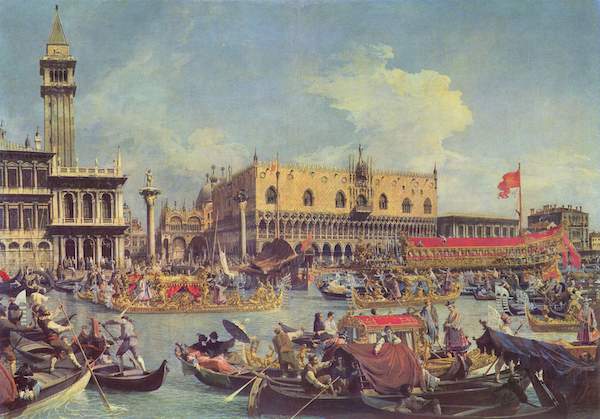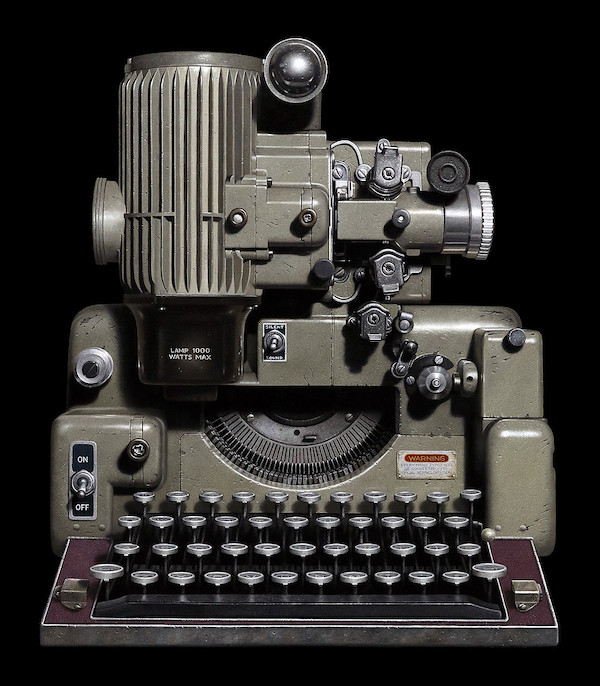Post-Truth Realism and a Musical Reconstruction

Venice in 1574. For a much larger version of the map, click here.
I have recently discovered an amazing musical production: the Gabrieli Consort’s A New Venetian Coronation — a recent remake of a project first recorded in 1990. The idea is this: to create the soundscape of the coronation of a Doge in the sixteenth century, specifically the coronation of Marino Grimani in 1595. The disc begins with muted crowd noises, after which we hear, as from a distance, various dance tunes played by horns and drums. Then the royal party arrives, and eventually we move into St. Mark’s Basilica for the Mass proper, set to magnificent music by Venetian composers, most notably Giovanni Gabrieli. It is a wonderful story told in song, ravishing from beginning to end.

Even now the most illuminating book about the Serenissima repubblica di Venezia is Ruskin’s The Stones of Venice, though it might be best encountered in an abridged edition. I am blessed to own a copy of the Folio Society’s beautiful slipcased abridgment, though I also have the complete book in the old three-volume Everyman edition. In addition to its intelligent selection of chapters, the best things about the Folio Society edition are the reproductions of drawings and watercolors by Ruskin and an incisive introduction by Jan Morris, the author of the second-best book about Venice.

Type to Video Conversion Projector, a painting — yes, a painting — by Jeff Bartels, who does “post-truth realism.”
-
What did people in the eighteenth century think the human mind was? According to Sean Silver, whatever they happened to work with: “The age is littered with people modeling their intellect on the spaces in which they worked. John Locke says the mind is like a cabinet; Joseph Addison compares it to a drawer of medals; Francis Bacon calls it a repository; Robert Hooke calls it a workshop. The thing to notice is this: Locke was a bibliophile, Addison a coin collector, Bacon a collector of curiosities, Hooke a laboratory technician.... We should … attend to Locke’s cabinet, Addison’s medals, Bacon’s repository, and Hooke’s workshop, not as curiosities of museology, but as histories of ideas.” Is there any wonder, then, that people today think the mind is a computer?
-
My fantasy book title is The King of Bones and Fire.
-
I have some thoughts about Alfonso Cuarón’s masterful Roma.